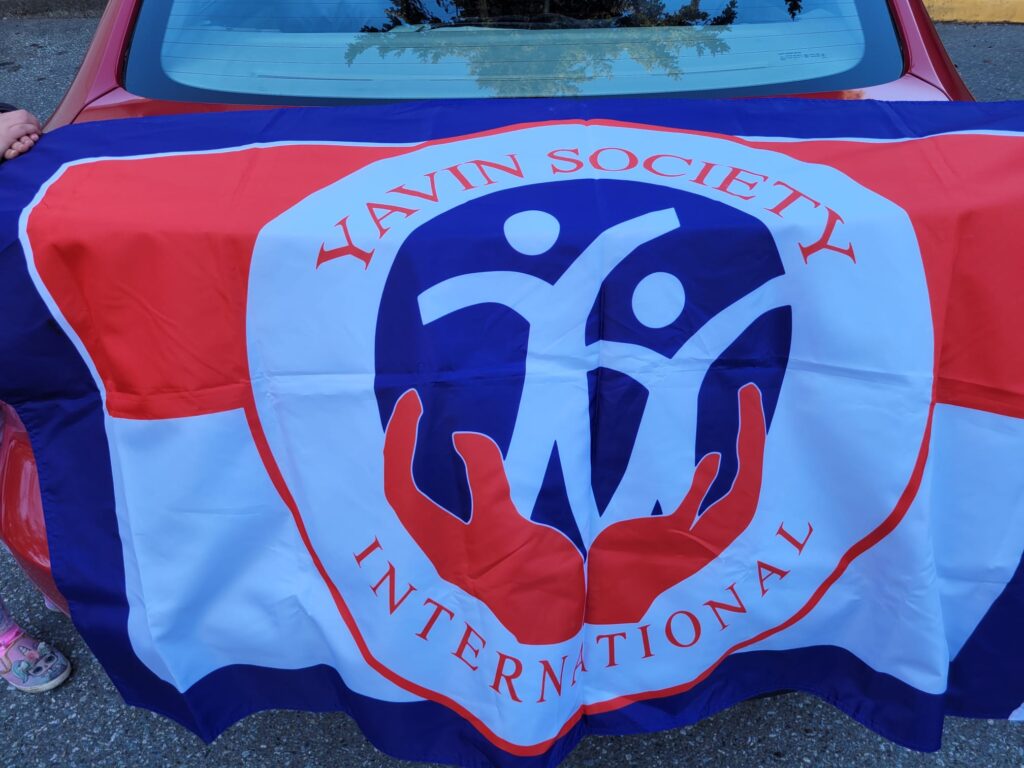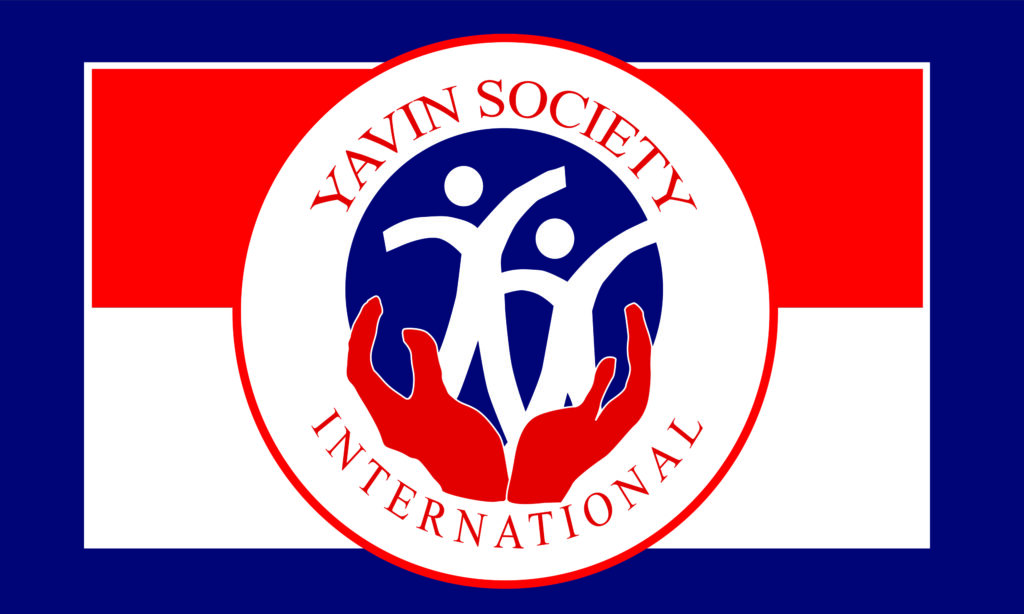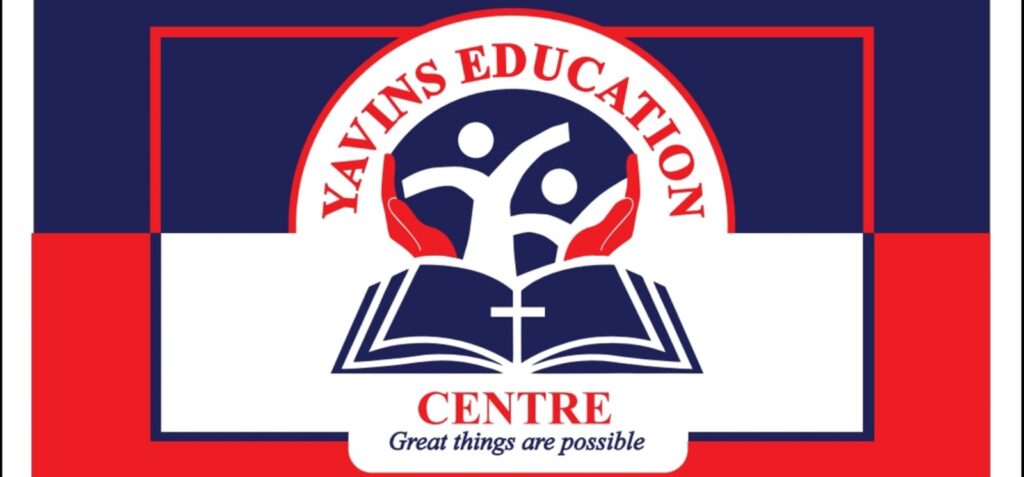
The Youths As Volunteers Integrated Network Society is a registered non-profit, non-government organization registered both in Uganda, and Canada. To join our list of donors, please visit our Donations page.
YAVINS was founded by Canadians with tremendous love for the Ugandan people. Their goal for the society is to provide fundamental improvements in the lives of the Ugandan people through youth initiatives, activities, and participation. By empowering youth, we believe we can provide the change and opportunities for better lives in the most vulnerable communities. It is our hope that in doing so we can positively effect generations to come.
The YAVINS founders are motivated by their love of Christ to positively touch the lives of the young people to whom the future belongs. There is no greater love we can show than using our gifts, talents, knowledge, and wealth for those who are lacking in knowledge, essential survival skills, food safety, shelter, clothing, and peace.
Our Mission
Starting with encouraging youth from around the world to work with us in the development of a school and community center in Rakai district, Uganda we aim to provide the locals with shelter, educational, health, and nutritional support. In this way we hope to create a ripple effect that will promote a sense of community, encouraging respect for human dignity without prejudice against racial or cultural background, color, religion, sex, or language.
In turn this sense of community will promote the participation of all individuals to work towards poverty alleviation, disease control and prevention, social and economic development.
Not only will this empower the youth and marginalized groups within Uganda, but also the vulnerable youth from around the world who volunteer with us. They will be provided with the unique opportunity to improve the lives of marginalized groups in a developing country while utilizing, and in some cases discovering their own gifts and skills.
Our Goals
Our current focus is the Rakai District, Uganda. As of 2020 Rakai District is bordered by Isingiro District to the West, Kiruhura, Lyantonde, and Lwengo Districts to the North, Kyotera District to the East, and The Peoples’ United Republic of Tanzania to the South. With an estimated population of 338,900 people.
Primary economic activities include agriculture with an emphasis on food crops, and fishing. Cash crops include coffee, tomatoes, pineapples, onions and cabbage. Within communities there are also cattle and other grazing animal farms.
Primary concerns Rakai District include health concerns such as HIV/AIDS, lack of access to medical facilities, lack of infrastructure, domestic violence and child sexual abuse, child abandonment, and property disputes.
With most people drawing their water from unprotected wells or other unprotected water sources such as ponds, drainage channels, or rainwater tanks water-borne diseases and other hygiene issues are common. For those, especially women and children who have to walk miles to access water there is the added risk of assault, sexual abuse, and even threat of death as a human sacrifice.
The increased risk of rape or sexual abuse further fuels the spread of HIV and AIDS, especially in women and young girls. While the number of AIDS related deaths has declined since 2015, the spread of HIV/AIDS continues to be a problem, especially in rural areas of Uganda. Greater access to medical care and sexual education can further reduce the number of new cases.
Malaria is also a common health concern. While malaria is treatable and often times preventable, lack of access to healthcare facilities and a shortage of medical supplies often means that those who are sick or injured may not receive the medical care that they need in time. The lack of medical facilities and ambulatory services not only poses a risk to the sick and injured, but also to pregnant women. Further complicating matters is a shortage of trained nurses and midwives. While there may be immediate help from traditional birth attendants, they often have no formal training, or training in proper hygiene, contributing to the risk of pre and post natal mortality.
Due to the number of HIV/AIDS related deaths, there are still many orphaned children left to fend for themselves. It is not uncommon for the older children to bear the responsibility of raising their younger siblings when their parents pass away, which can contribute to mental anguish or resentment. Because of the limited funds available from the government, it is often only with help from community-based organizations like YAVINS that these young people have any hope for survival.
Focus
Primary economic activities include agriculture with an emphasis on food crops, and fishing. Cash crops include coffee, tomatoes, pineapples, onions and cabbage. Within communities there are also cattle and other grazing animal farms.
Our current focus is the Rakai District, Uganda. As of 2020 Rakai District is bordered by Isingiro District to the West, Kiruhura, Lyantonde, and Lwengo Districts to the North, Kyotera District to the East, and The Peoples’ United Republic of Tanzania to the South. With an estimated population of 338,900 people.
Primary concerns Rakai District include health concerns such as HIV/AIDS, lack of access to medical facilities, lack of infrastructure, domestic violence and child sexual abuse, child abandonment, and property disputes.
With most people drawing their water from unprotected wells or other unprotected water sources such as ponds, drainage channels, or rainwater tanks water-borne diseases and other hygiene issues are common. For those, especially women and children who have to walk miles to access water there is the added risk of assault, sexual abuse, and even threat of death as a human sacrifice.
The increased risk of rape or sexual abuse further fuels the spread of HIV and AIDS, especially in women and young girls. While the number of AIDS related deaths has declined since 2015, the spread of HIV/AIDS continues to be a problem, especially in rural areas of Uganda. Greater access to medical care and sexual education can further reduce the number of new cases.
Malaria is also a common health concern. While malaria is treatable and often times preventable, lack of access to healthcare facilities and a shortage of medical supplies often means that those who are sick or injured may not receive the medical care that they need in time. The lack of medical facilities and ambulatory services not only poses a risk to the sick and injured, but also to pregnant women. Further complicating matters is a shortage of trained nurses and midwives. While there may be immediate help from traditional birth attendants, they often have no formal training, or training in proper hygiene, contributing to the risk of pre and post natal mortality.
Due to the number of HIV/AIDS related deaths, there are still many orphaned children left to fend for themselves. It is not uncommon for the older children to bear the responsibility of raising their younger siblings when their parents pass away, which can contribute to mental anguish or resentment. Because of the limited funds available from the government, it is often only with help from community-based organisations like YAVINS that these young people have any hope for survival.
How We Operate
The YAVIN Society intends to support more youth especially those at risk in developing communities through international humanitarian volunteering, community involvement and participation in youth programs and international field placements. The society’s volunteers’ initiatives and programs are continuous through the calendar year while volunteers available and programs are operating.
YAVINS is a consortium of local area projects and initiatives with a management infrastructure aimed at supporting knowledge dissemination, development research and community outreach. The organization is honored to have a visionary, an energetic and an internationally experienced patron and president.

